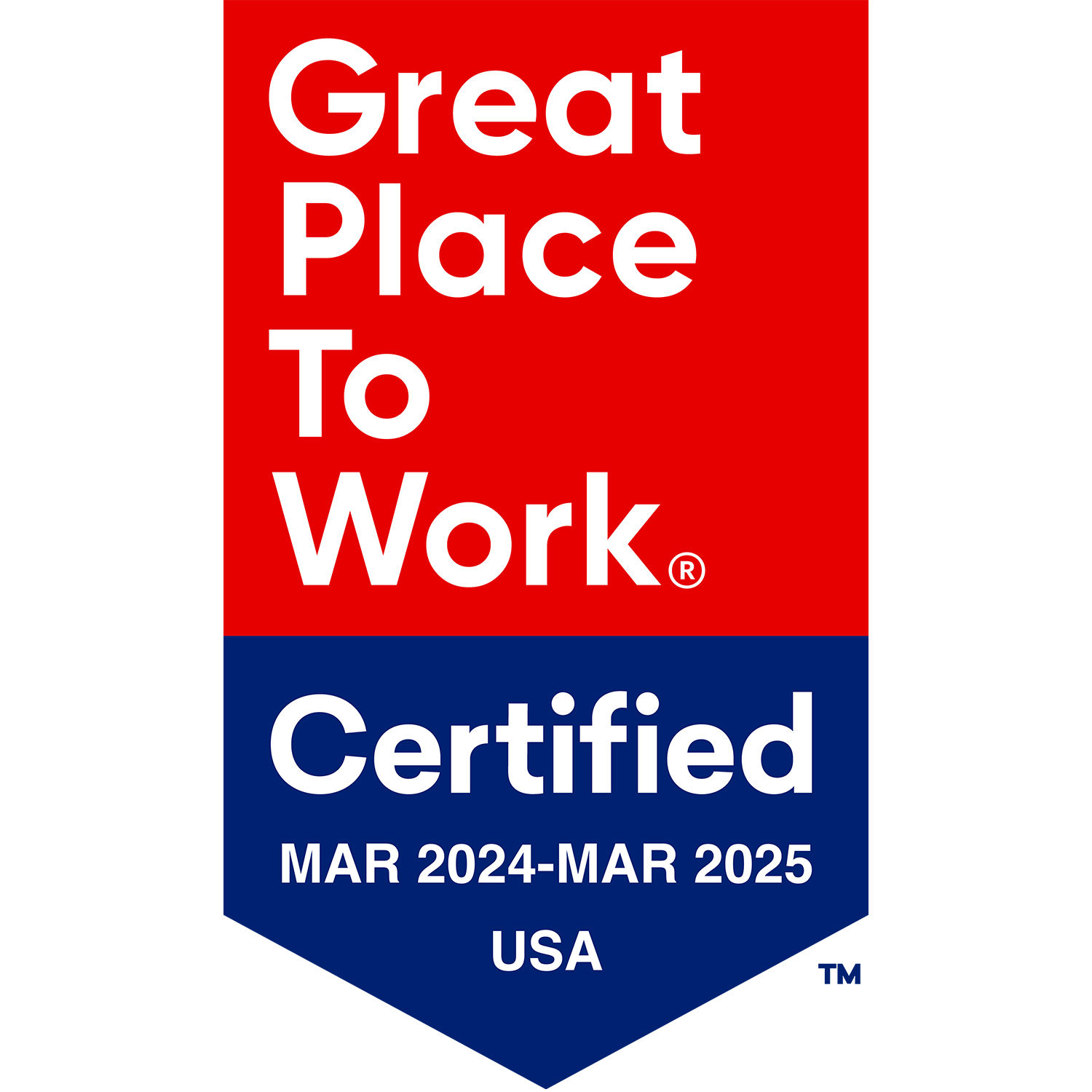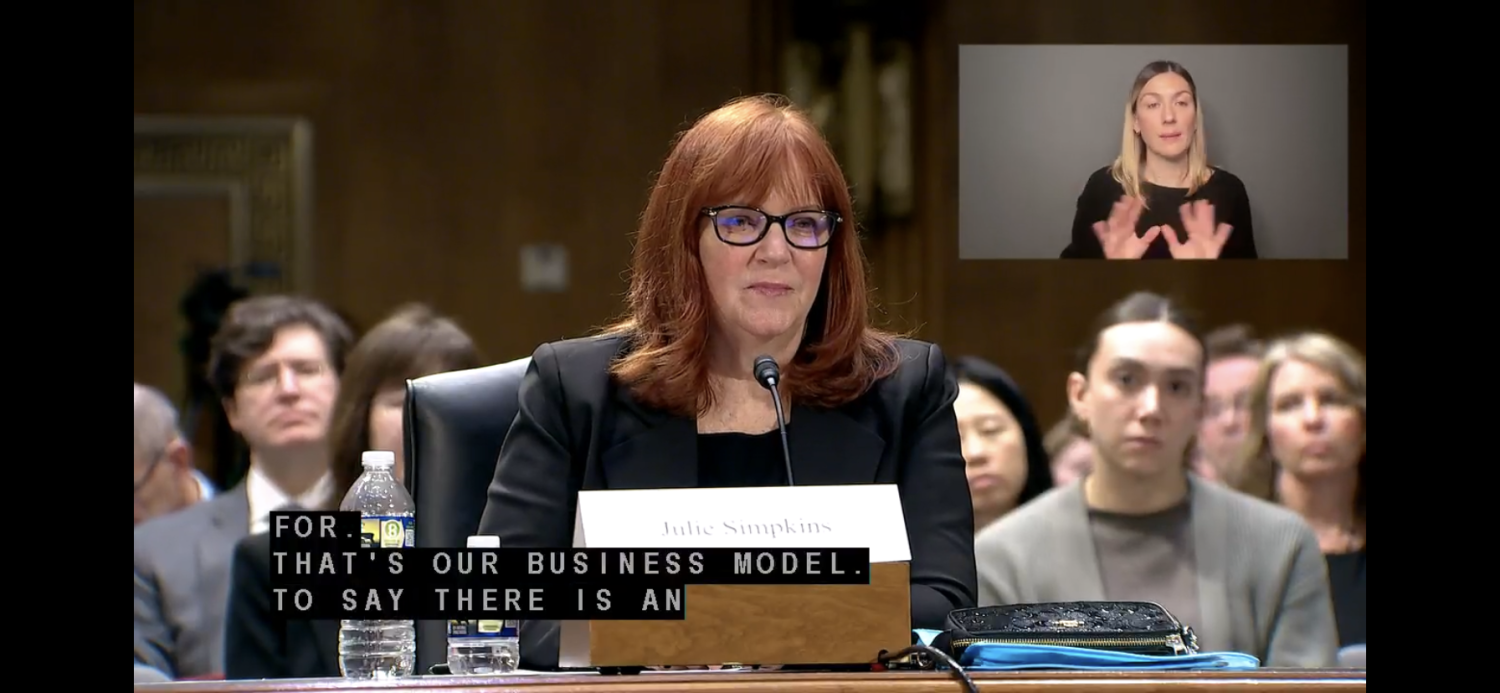A Guest Blog by Elder Law Attorney Anthony B. Ferraro
········································
That is often a good idea but, think again carefully.
··················································
A new Illinois Medicaid law dramatically changes the treatment of
entrance fees at Continuing Care Retirement Communities
Continuing Care Retirement Communities (CCRCs) are communities that provide a full continuum of care for its residents. They have flexible accommodations designed to meet their resident’s health and housing needs as their needs change over time. They offer independent living, assisted living and nursing home care, usually all in one location.
As a requirement for admission to most CCRCs, residents are required to pay an entrance fee or a lump sum “buy-in” which, in addition to other things, guarantees the resident’s right to live in the facility for the remainder of their lifetime. In addition to the entrance fee, residents also pay a monthly service fee.
The entrance fee is often, but not always, reimbursable (at least partially) if the individual moves from the facility, if they pass away while a resident at the facility, or if they otherwise terminate the contract. Many contracts also contain a provision wherein an individual is able to use a portion of their entrance fee toward their monthly resident charges if the resident exhausts his resources and becomes otherwise unable to pay.
Prior to the new Medicaid law (the Deficit Reduction Act of 2005, hereinafter “DRA”), the entrance fee was generally not considered an available asset for Medicaid eligibility purposes.
Under the new DRA, that took effect on January 1, 2012, a CCRC entrance fee is considered an available or “countable” asset if: ➊ the contract provides the entrance fee may be used to pay for care should the resident run out of money and become unable to pay their monthly charge; or ➋ the individual is eligible for a refund of any remaining entrance fee when the individual dies, leaves the community or otherwise terminates the life care contract; and ➌ the entrance fee does not confer an ownership interest in the CCRC.
Also, under the new law, CCRC’s are given the authority to include in their contacts a provision which requires residents to spend all of their resources on their care prior to applying for Medicaid benefits (essentially disallowing any Medicaid planning or asset protection once the contract is signed). Thus, when an individual applies for admission to a CCRC, the application may request full disclosure of an individual’s resources.
Prior to the new law, regardless of the amount of resources an individual declared, the CCRC could not prohibit the individual from doing any long-term care planning or asset protection planning and then applying for Medicaid.
Now CCRC’s can contractually require a resident to spend down all of the assets they declared at the time of admission before applying for medical assistance.
This new provision will greatly limit the ability of CCRC residents to protect their assets once admitted to the community.
Some residents may not care about the ability to protect their assets once they are admitted to the community. But for those of you that do care about protecting assets from being lost to the devastating cost of long-term care, the inability to plan with your remaining dwindling resources is a big deal!
It is a good idea to consult with an experienced elder law attorney prior to entering into a contract at a Continuing Care Retirement Community. This ensures that you understand how your entrance fee/”buy-in” agreement may financially and legally impact your long term care plan and any asset protection planning that you may have in mind. CCRC’s can do a nice job of providing care, but there is no substitute for getting the appropriate legal advice before you enter into a binding contract with anyone.
All affordable assisted living communities managed by BMA Management, Ltd. are certified and surveyed by the Illinois Department of Healthcare and Family Services. All assisted living communities are licensed and surveyed by the Illinois Department of Public Health.
“BMA Management, Ltd. is the leading provider of assisted living in Illinois
and one of the 20 largest providers of assisted living in the United States.”
What are your thoughts? Leave a comment and let us know.





